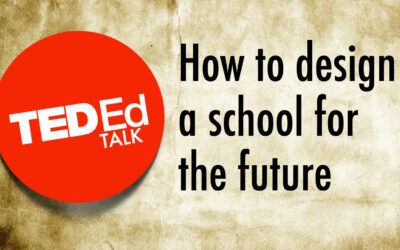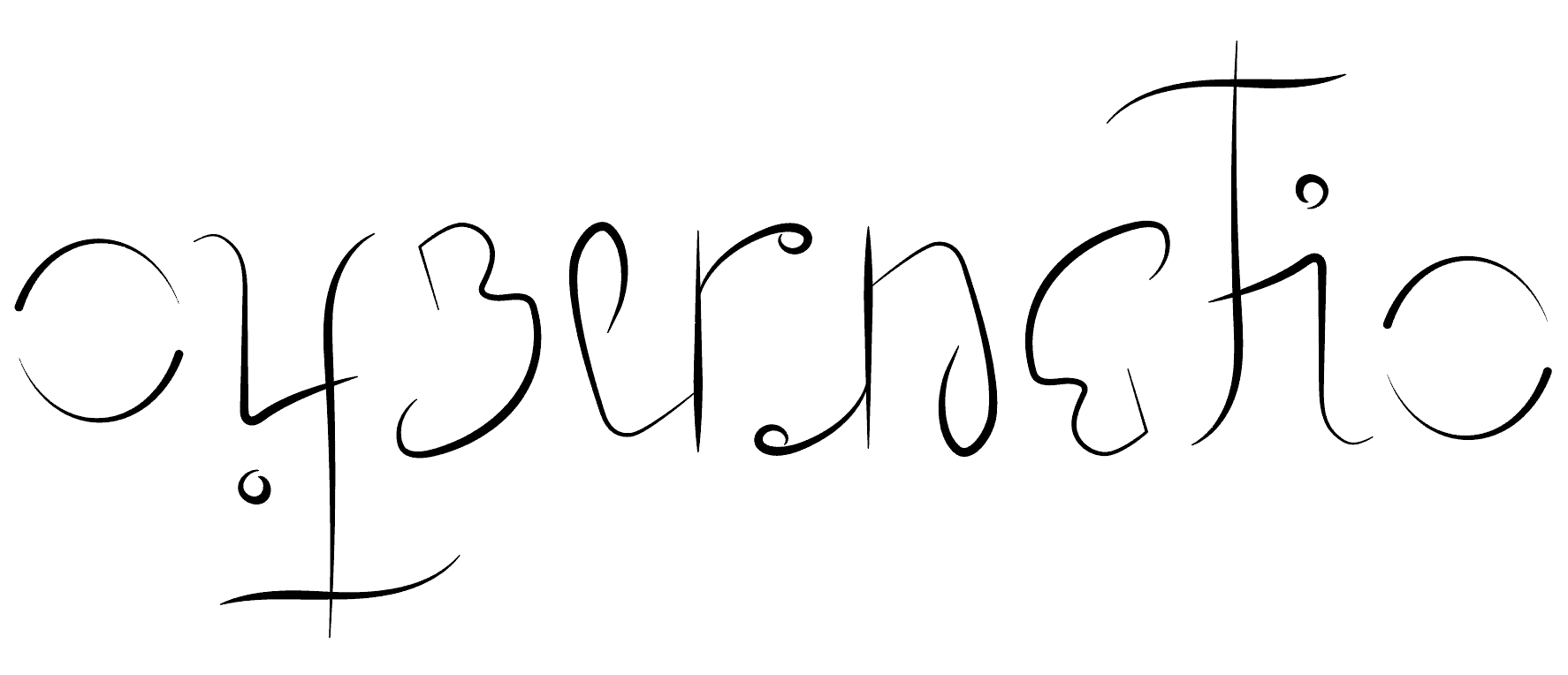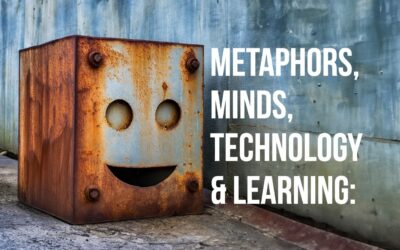Are we becoming cyborgs? William Saletan has a recent article in Slate titled Full Metal Socket about this issue.
As he says:
Cyborgs aren’t studs from the future. They’re old folks. As we age, our parts wear out. That used to mean immobility or death. Today, we can replace them… The industry is booming because it combines two things. One is the efficiency, versatility, and innovation of high-tech engineering. The other is the world’s most powerful desire: to live longer and more comfortably. The market for replacement body parts is like the market for car or computer parts, except that your body is paramount, and you can’t get a new one.
I was reminded of an essay I wrote, a few years ago, titled On becoming a website. I started this essay as follows:
A cyborg is a cybernetic organism — a hybrid of machine and organism, a creature of social reality as well as a creature of fiction. It has been argued that we are all cyborgs now (Haraway, 1991). Be it a pacemaker installed in our hearts or a pair of contact lenses in our eyes, technologies are now an integral part of our bodies and our consciousness. Our identities are tied up with the cars we drive and we spend hours matching the desktop interfaces on our computers to our personalities. Of course these socially (and increasingly biologically) embedded technologies often become transparent and, in some sense, so deeply intertwined with our existence that we don’t even realize they exist (Brooks, 2002). We are often most revealed by what we take for granted, what we don’t scrutinize.
You can read Saletan’s article here and my essay can be found here.




reminds me of this silly song/video –
http://www.youtube.com/watch?v=B1BdQcJ2ZYY